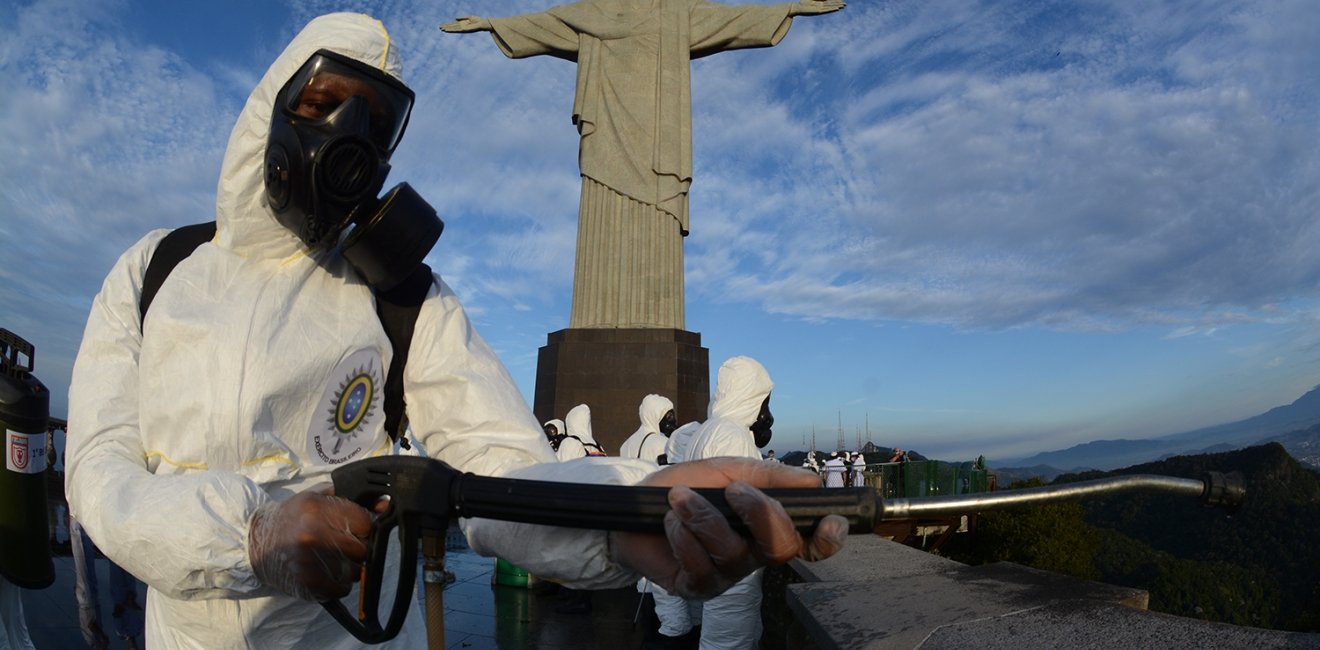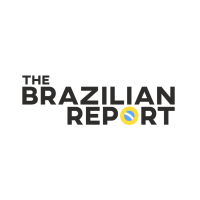
A blog of the Brazil Institute
Around the world, the tourism industry has been by far the hardest hit during the COVID-19 pandemic. And, unlike retail and services, the effects of the downturn are set to persist for some time, as regular operations are not expected to be resumed until a mass COVID-19 vaccination has been rolled out. In Brazil, tourism companies are desperately scrambling for ways to minimize their losses and survive the harsh pandemic winter. According to the latest figures, it is working.
Data from the National Tourism Confederation (CNC) shows that, as of September, sales in the sector reached R$12.8 billion ($2.37 billion)—28 percent below February levels, but above the R$12.15 billion recorded in March, when social isolation measures were implemented for the first time.
When breaking down this performance into subsectors, the majority of the improvement came from lodging and restaurants, while the cultural sector is lagging the most.
This can be explained by the economic reopening process in São Paulo, Brazil's wealthiest and most populous state, and home to the highest tourism revenues. Restaurants, bars, and similar facilities have been reopened for business for some time, yet cultural events and activities remain largely restricted. Almost 35 percent of all tourism revenues in Brazil come from São Paulo.
Not Straying Far From Home
Another trend, spotted by Booking.com, partly explains this tentative recovery of the tourism sector. According to “The Future of Travel” survey, 44 percent of Brazilians intend on traveling domestically within the next seven to twelve months. Furthermore, 55 percent would like to visit new destinations in their own region.
However, 53 percent of the study’s respondents showed reticence toward commercial flights and bus trips—due to a fear of contracting COVID-19—further explaining the trend of short-distance breaks, usually by car.
The CNC added that macroeconomic factors also have an impact on Brazil's preference for domestic tourism at this stage of the pandemic. “The increased valuation of foreign currency (USD) and the prices of touristic services may stimulate the demand for activities that focus on domestic tourism, given the hardships international tourists face when travelling abroad.”
However, they warn that a stronger recovery in the coming months would depend on price stability—as inflation increases—as well as unemployment rates and the impact of the end of the government's emergency coronavirus aid program, set to expire this month.
Indeed, the idea of boosting domestic tourism has been picked up by the federal government, which launched the “Resumption of Tourism” program last week, backed by the campaign motto “travel responsibly and rediscover Brazil.”
Consisting of credit lines, works to improve tourism infrastructure, and actions to qualify employees in the sector, the program is focused on four axes: preserving companies and jobs in the tourism sector, improving the structure of tourist destinations, implementing biosafety protocols, and promoting tourism to the population.
Not Straying Far From Tourism Sector: Time to Regroup
Amid the chaos, a part of the sector used this juncture to regroup. In October, a group of companies launched Recept, the first sectoral group for receptive tourism in Brazil, which consists of agencies that work with transfers, city tours, and other forms of transportation solutions for tourists. In an emailed statement to The Brazilian Report, Recept president César Fernandes explained that the twenty agencies that founded the association have been planning this project for some time, but only had time to put it into practice amid the pandemic, using digital tools.
According to Recept data, the sector has over 3,000 travel agencies that manage tourists’ transportation during trips—such as concierge services, which generates 78,000 jobs and R$2.1 billion in annual revenues.
The association, said Mr. Fernandes, was born out of the need to improve representation in the industry. “We want our sector to be legally acknowledged, to carry out data research of our representativity, as well as building specific agendas alongside the sector and all levels of government,” he said.
CVC, the biggest travel agency in Brazil, is a useful case study to analyze the sector’s recovery. The company recently reported that 845,000 tourists used their services in Q3 2020, 74 percent below Q3 2019. But even if results may seem underwhelming, the picture was much bleaker back in April, when the number of customers fell 98 percent. CVC saw out Q3 with losses of R$172.2 million, but brokerage firm Guide Investimentos says the company is managing to recover its passenger flow.
And the end-of-year holiday season is just around the corner.
Like the content? Subscribe to the Brazilian Report using the discount code BI-TBR20 to get 20 percent off any annual plan.

Author

Brazil Institute
The Brazil Institute—the only country-specific policy institution focused on Brazil in Washington—aims to deepen understanding of Brazil’s complex landscape and strengthen relations between Brazilian and US institutions across all sectors. Read more

Explore More in Brazil Builds
Browse Brazil Builds
They're Still Here: Brazil's unfinished reckoning with military impunity




